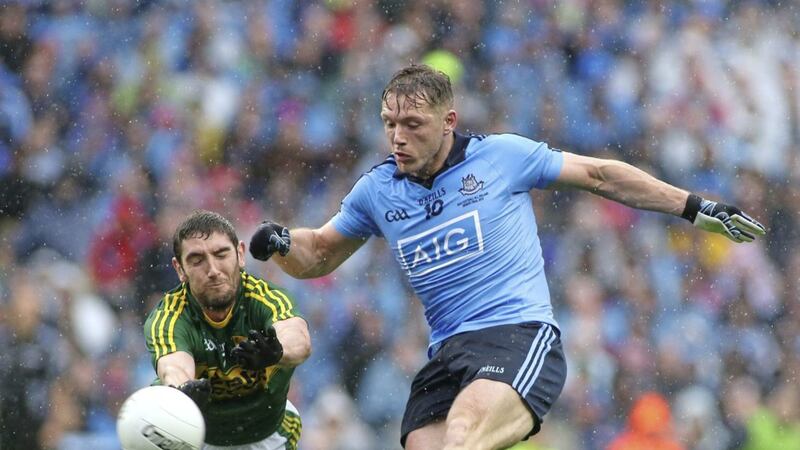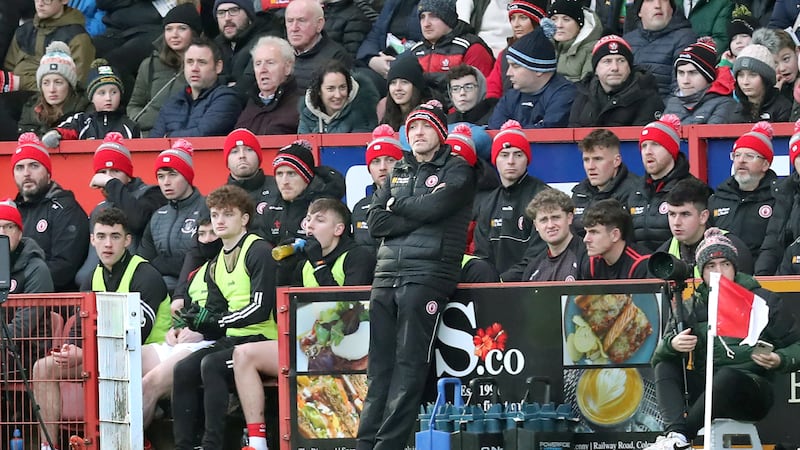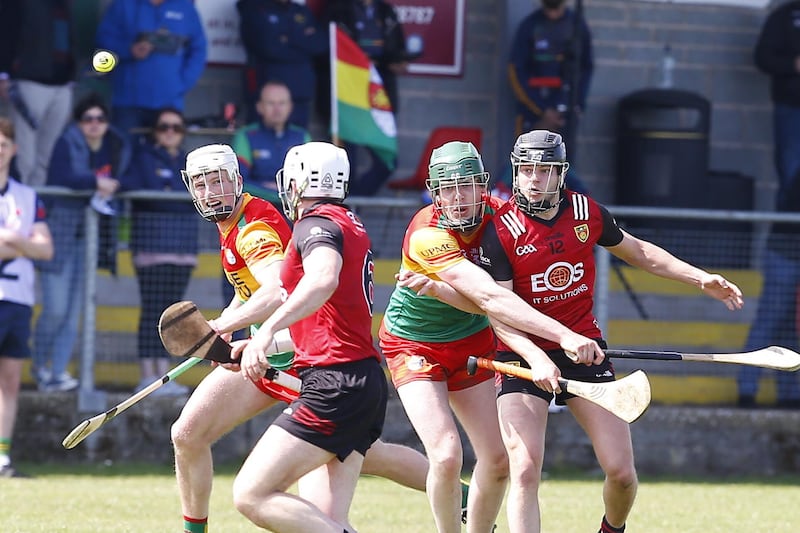GAELIC Players’ Association chief executive Paul Flynn has said that the GPA has to be at the centre of the GAA’s decision-making process in the future.
Last season the GAA introduced the ‘Super8s’ to replace the existing quarter-final round of the All-Ireland Senior Football Championship against the GPA’s wishes and Dublin All-Ireland winner Flynn says any further changes to the Championship should not be made without the backing of the body that represents the players involved in it.
“We want to be at the top table for all decisions like this and we have to be at the top table,” said Flynn at a media briefing on the GPA Annual Report for 2017 yesterday.
“We don’t accept that changes can be made without the choice of the players who are the guys who are going out there to represent their counties in these competitions. It is of the utmost importance for me going forward that we are at the decision table when any changes are being made to our Championship.
“We lobbied hard with the GAA to being on a committee for a review of the current Championship structures which is an ongoing committee.”
The Fingallians clubman, who took office as CEO of the inter-county players’ body a week ago, added that rank and file members would decide whether they wanted the GPA to push for a change to the GAA’s amateur status.
“We represent our membership and as long as our membership wants us to remain amateur, we will remain amateur, that’s ultimately it,” he said.
“It’s the same for everything that we do across the board. We are going to be actioning what our members require and I’ll be proud to lead that charge.”
GPA chairman Seamus Hickey added: “The motivation to play the game remains to represent your county and that pride of place.”
Asked whether an amateur sport could cope with professional demands in terms of commitment to training and preparation, the Limerick native replied: “It can be done.
“It is done in other sports in other countries. We’re not entirely unique to have amateurs competing at a professional level. It’s not black and white.”
The GPA reported on a year of “significant progress” at the unveiling of its Annual Report for 2017 yesterday.
Turnover last year increased to E7,253,064, up by over E1million on the previous year thanks partly to a significant increase in fundraising revenue.
In 2016 the players’ body had reported a turnover of E6,145,585 which included fundraising income of E679,554. Last year that figure rose to E1,152,643 due largely to the GPA’s energetic efforts in the USA which included a gala dinner in Boston and the ‘Super 11s’ hurling games played at Boston’s Fenway Park.
The GAA contribution to the GPA rose to E2,829,403, up E29,403 on the 2016 figure, while the government contributed an extra E700,000 (E2.3m) to the body.
A total of E803,852 off the annual income was spent on the GPA’s 11 paid employees (an average of just over E77k a head), down by almost E120k on the previous year.
But the biggest expenditure – E2,386,199 - was on the Player Development Programme (PDP) that was utilized by GPA members from all 32 senior football sides (including London) and all 36 hurling counties (including London, Fingal, Lancashire and Warwickshire).







